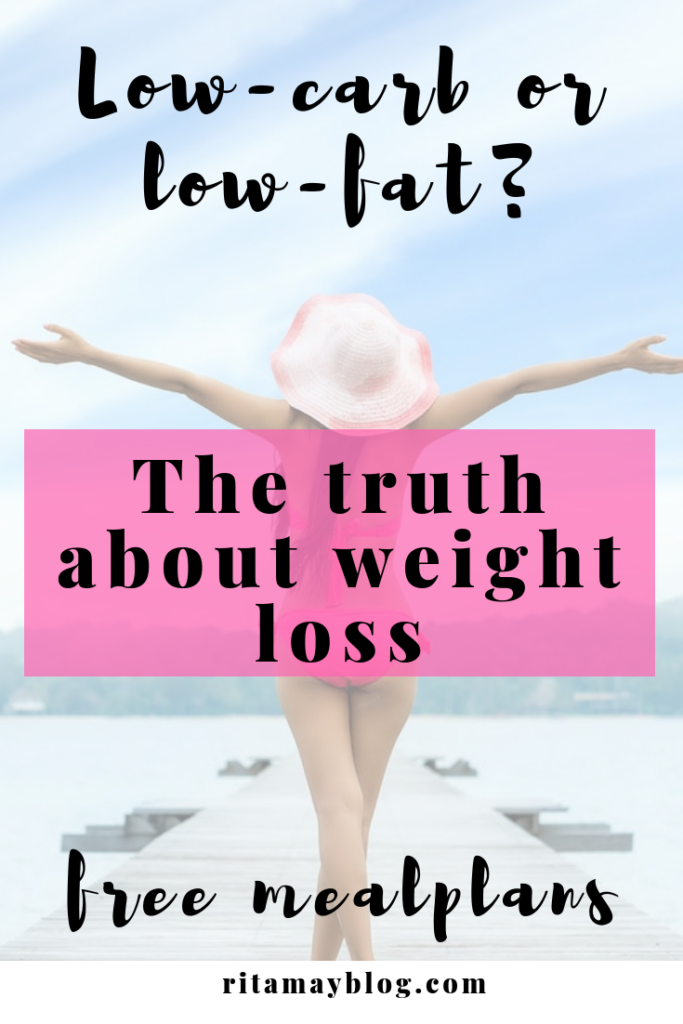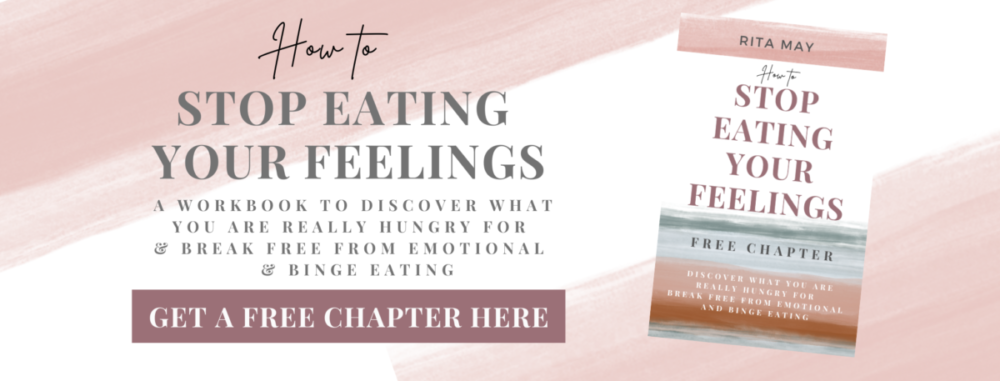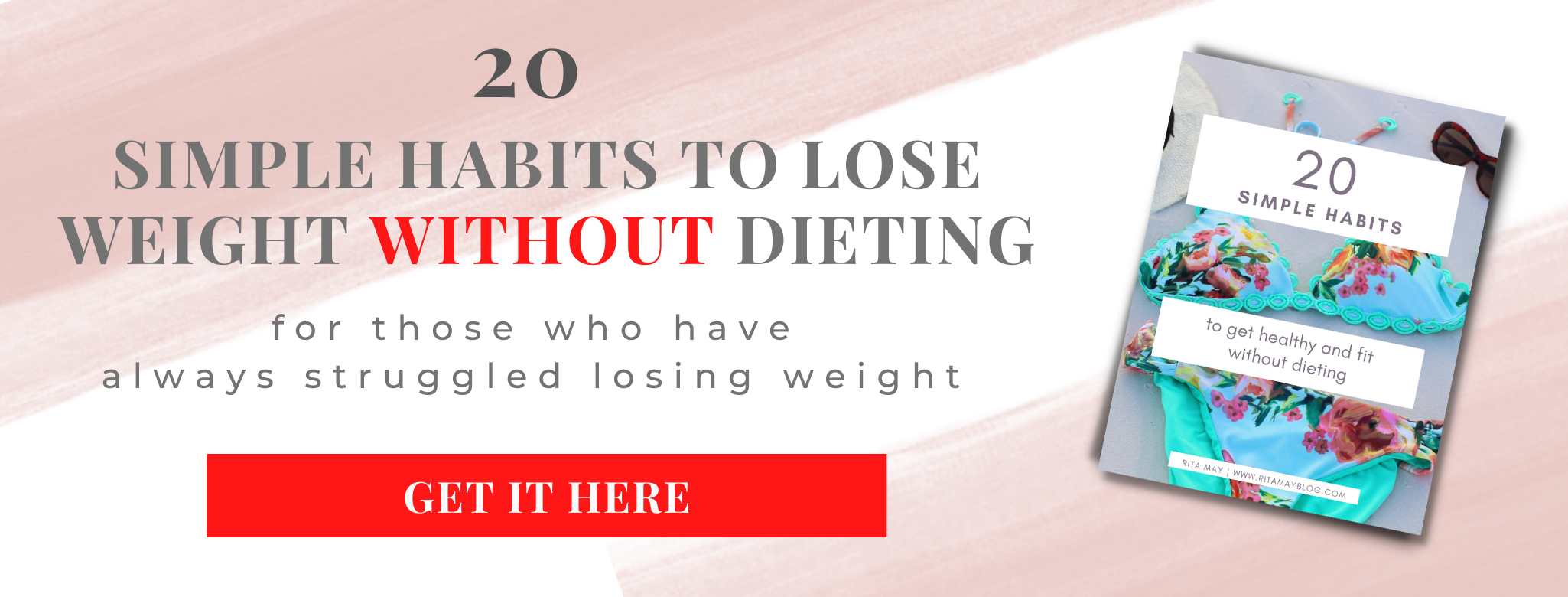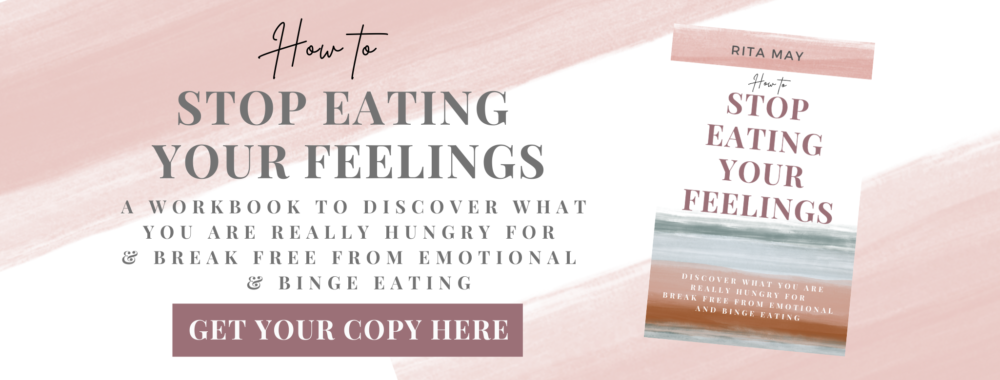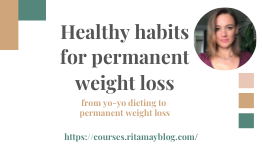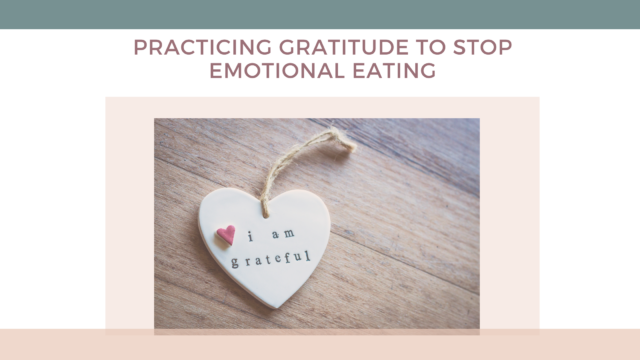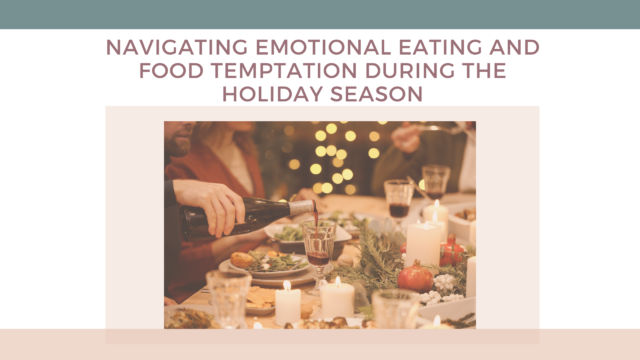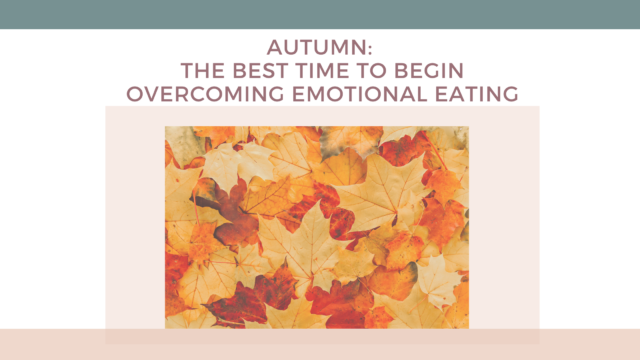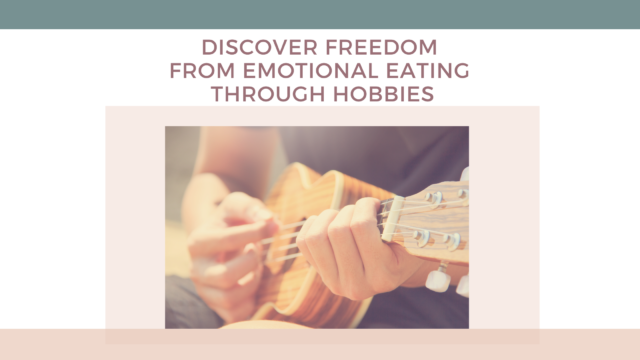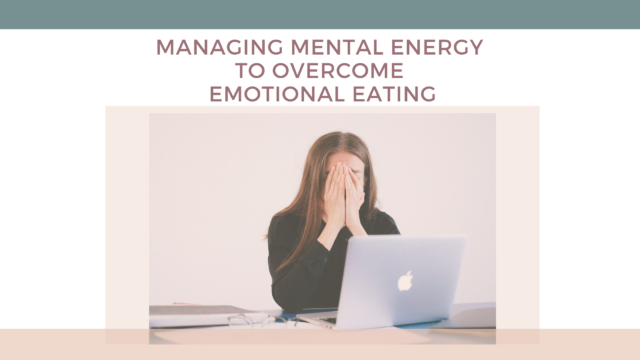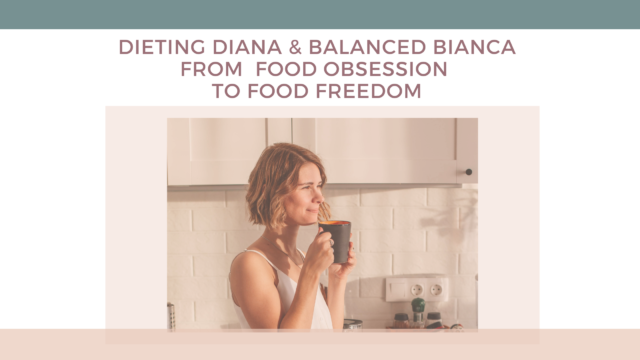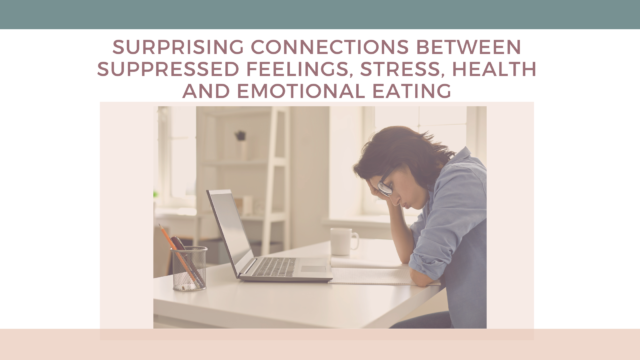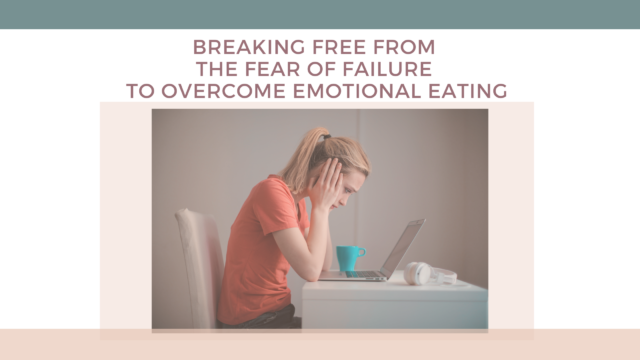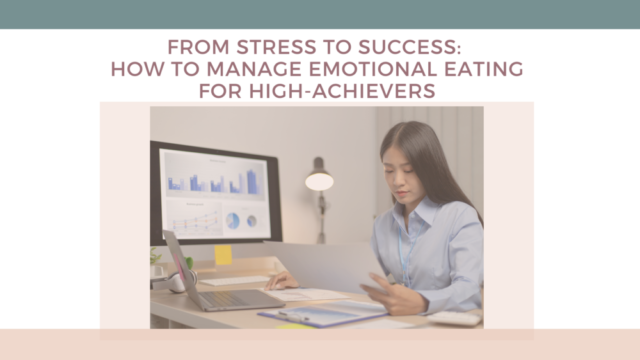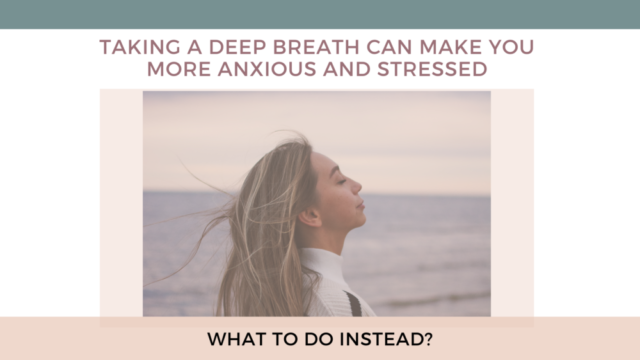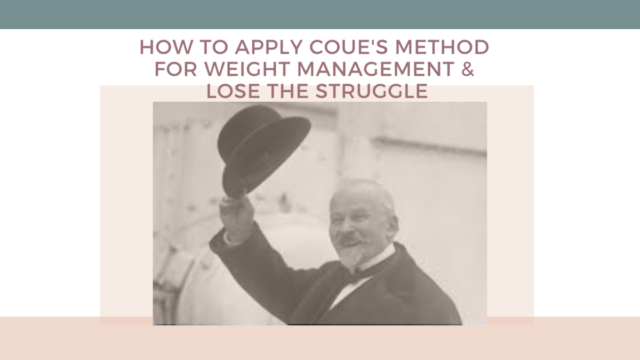The diet industry makes you feel confused
Low-carb or low-fat? Are you confused about what to eat? I’m not surprised. There are so many different diets out there contradicting each other it makes your head spin.
The popular Keto diet tells you to eat high-fat, low-carb foods to lose weight and keep your blood sugar under control (to prevent or control diabetes), while others advocate a high-carb, low-fat diet to prevent or reverse heart disease and diabetes and lose weight.
Bodybuilders say you need to eat a lot of protein to build muscle and lose fat, while doctors/scientists tell you that too much protein in your diet causes cancer.
So now what? What should we eat to be healthy and lose weight?
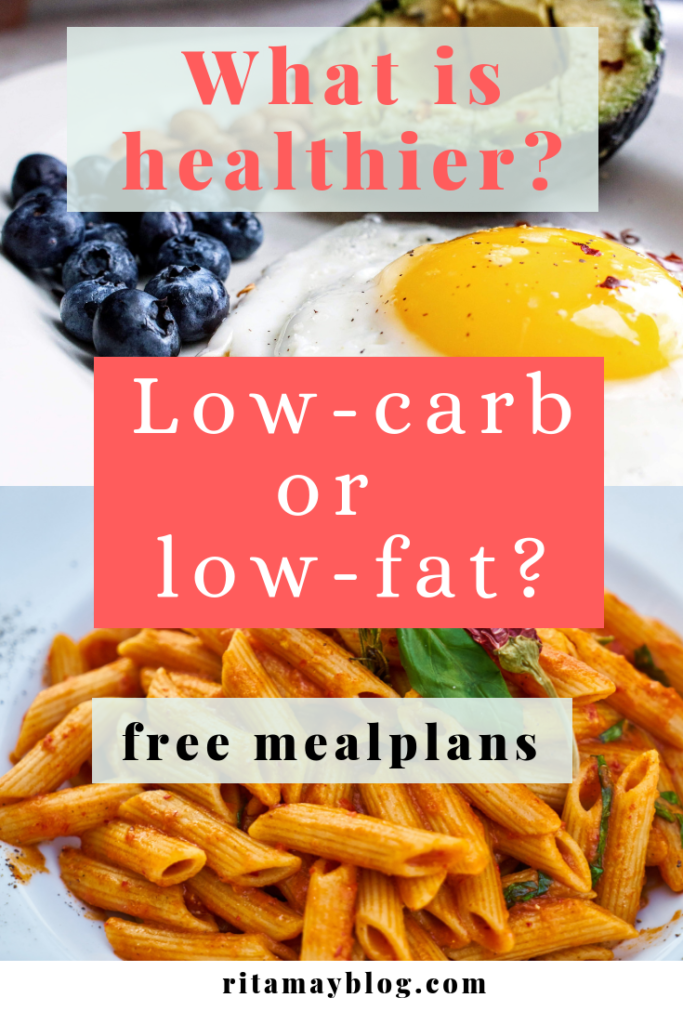
A clinical study to shed some light
The results of a 1 year-long randomized clinical study of 481 people may shed some light on the problem. This large number of participants consisted of 40±7 years old men and premenopausal women without any significant health problem. However, they were all obese with an average BMI = 33.
They were divided into two groups. One group had to follow a low-carb diet, the other group a low-fat diet for a year. They had access to dietitians for consultation during the whole year, and they were supposed to attend 22 consultations.
During the first two months, they had to majorly restrict their fat or carbohydrate intake to 20 g fat or 20 g carbohydrate per day, respectively. After this initial period, they were allowed to increase their intake to the lowest amount they could keep for a long time without feeling hungry. They were also instructed to eat whole foods and avoid processed food, eat more vegetables, less sugar, and less refined grains.
The two group’s calorie and protein intake were about the same, they only changed the amount of carb or fat intake.
So which group lost more weight in 1 year??? Low-carb or low-fat? Drumroll……
Results
The two groups lost almost the same amount of weight, there is no significant difference!! At the end of the study, the low-fat group lost an average of 11.7 lbs (5.3 kg) and the low-carb group lost an average of 13.2 lbs (6.0 kg). This small difference over one year is statistically and clinically irrelevant.
Researchers also studied the genotype or insulin production of the participants, as well as body fat, cholesterol, blood pressure, and fasting glucose levels.
They found no significant difference in weight change within each group that would correspond to the differences in genotypes or insulin secretion.
Both groups improved their BMI, body fat percentage, waist circumference, blood pressure, and fasting insulin and glucose levels, but there were no significant differences between the groups.
What are the takeaways from this study?
- Both groups decreased their calorie intake by about 500 kcal on average, without deliberately trying to do it, only by restricting either carbohydrate or fat consumption. Therefore, they achieved a calorie deficit.
- They were asked to eat unprocessed, whole foods, more vegetables, and less sugar, and less refined grains. If they based their diet on low-fat junk food (sugary drinks, candies, refined grains) or processed high-fat foods (salami, sausage, etc.), their results most likely would have been different.
- By almost excluding one major food group and sticking to whole foods, the participants largely decreased the variety of their foods, which is also shown to relate to weight loss.
- They were not hungry. They had to find the lowest possible fat or carbohydrate amount at which they didn’t feel hungry. If they were constantly hungry, then when they achieved their weight loss goal, they would’ve gone back to their old diet. The researchers wanted them to find a new way of eating that they can sustain for a long time. The participants who lost the most weight said that they “changed their relationship to food”.
- The researchers also asked the participants to eat mindfully (eat at the table, with family and friends, and cook for themselves, shop for food at the farmers market if possible).

Do you know what to eat now?
As long as you eat unprocessed whole foods, lots of vegetables, less sugar, less refined carbohydrates and you keep your protein intake the same, it doesn’t matter whether you chose to eat more fat and less carbohydrate or more carbohydrate and less fat (low-carb or low-fat). Both approaches work for weight loss.
In my opinion, there is no One-Diet-Fits-All. Choose a way of eating that you like because that’s the one you will be able to sustain. If you love carbohydrates, eat them but decrease your fat intake (if you want to lose weight). If you love fatty foods, you can eat them too but in that case, limit your carbohydrates to lose weight. Experiment with foods and you will see which gives you energy and which drains you. Some may cause you indigestion, and some you always overeat. You can just leave those out of your diet. Find the foods that you enjoy, give you energy, and make you feel good.
In my next blog post, I share with you my personal experience with the different low-carb and low-fat diets.
Which way of eating do you like the best? What works for you?
Services I provide to help you
Meal plan
If you need help to find the best foods for you, take a look at my Services page. If you wish, I will help you adjust your meals after analyzing your current eating habits.
Mindset Coaching
I’m also aware of the fact that the meal plan alone may not be enough for everyone. So many of us know exactly what we should eat to be healthy and slim but we always self-sabotage our efforts for some reason. Maybe you too eat healthily for a few days or weeks, but then something happens, and you give up before you would reach your goal.
Or you reach your goal but then you return to your original habits and gain all the weight back, suffer from digestion problems, have low energy. And you don’t know why you are doing this over and over again and you would like to finally stop.
If you can relate to this frustration, and you were nodding all the way through reading this, I’d like to help you with this issue as well. In a questionnaire, I’ll ask you about your eating habits and emotions around eating too. After analyzing the results, I will point out your bad habits and negative beliefs (if you have any) and will help you turn them into good habits and empowering beliefs so that you can lose weight easily without feeling deprived and hungry all the time.
Sign up for a 30-minute free consultation to discuss your specific issues.
Check out my Services Page to see how I can help you achieve your health goals.
Workbook –
to discover what you are really hungry for and break free from emotional & binge eating
If you would rather tackle your emotional eating issues alone I have a workbook for you that you can go through in your own time. There are powerful exercises in the workbook that will lead you to the real reasons for your overeating habits and help you break free from emotional eating and binge eating.
If you liked this post please share it 🙂
